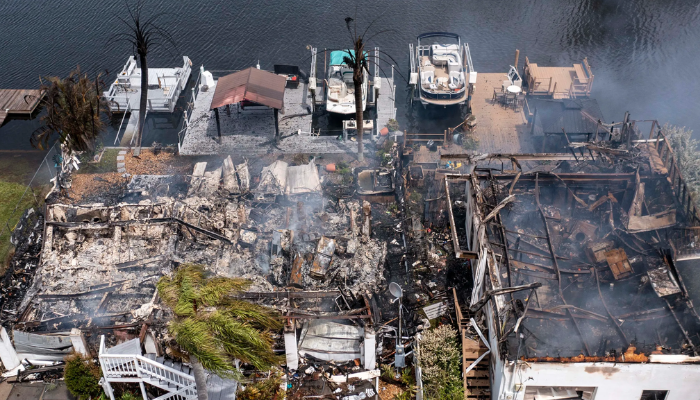Florida’s picturesque landscapes and vibrant communities often come at a cost—frequent encounters with hurricanes. Beyond the physical damages and disruptions, these natural disasters have far-reaching effects on the state’s financial landscape, especially concerning insurance and property values. In this blog post, we will delve into the intricate relationship between hurricanes, insurance, and finance in the Sunshine State.
The Financial Impact of Hurricanes on Insurance Premiums
One of the immediate and most apparent effects of hurricanes in Florida is the surge in insurance premiums. With the state being a hotspot for tropical storms, insurance companies must adjust their risk models to account for the increased likelihood of claims. As a result, homeowners often experience a rise in their insurance premiums, adding a financial burden to the already challenging post-hurricane recovery period.
Property Values in the Aftermath
The real estate market in Florida is inherently linked to the ebb and flow of hurricane seasons. High-intensity storms can lead to significant property damage, causing a decline in property values in affected areas. Homebuyers become more cautious, and sellers may find it challenging to secure favorable deals. Exploring the patterns in property value fluctuations post-hurricane provides valuable insights into the resilience of Florida’s real estate market.
Mitigating Financial Risks through Preparedness
For Floridians, preparation is key. Understanding the financial risks associated with hurricanes empowers individuals and communities to take proactive measures like using a financial advisor Orlando. This includes not only having comprehensive insurance coverage but also making informed decisions about property investments and financial planning. Municipalities and local governments also play a crucial role in implementing policies encouraging resilient infrastructure and sustainable urban planning.
Government Initiatives and Response
In the aftermath of major hurricanes, the Florida government often implements various initiatives to support affected communities. Financial aid programs, tax incentives, and grants are commonly employed to stimulate recovery. Examining these responses sheds light on the interconnectedness of government policy, finance, and disaster recovery in the state.
The Role of Technology in Risk Management
Advancements in technology, such as predictive modeling and risk assessment tools, have revolutionized the insurance industry’s approach to hurricanes. Insurers are now leveraging data analytics and artificial intelligence to understand better and anticipate the financial implications of natural disasters. This technology-driven approach is not only helping insurers but also aiding homeowners in making more informed decisions about their insurance coverage.
Conclusion
In Florida, living with the ever-present threat of hurricanes is a reality that shapes the financial landscape. By understanding the dynamics between hurricanes, insurance, and finance, individuals and communities can navigate these challenges more effectively. Whether it’s through advanced technology, government initiatives, or individual preparedness, there are ways to mitigate the financial impact of hurricanes in the Sunshine State. As Florida continues to thrive amidst the storms, a resilient and informed approach to finance becomes an essential part of the state’s DNA.


















Comments